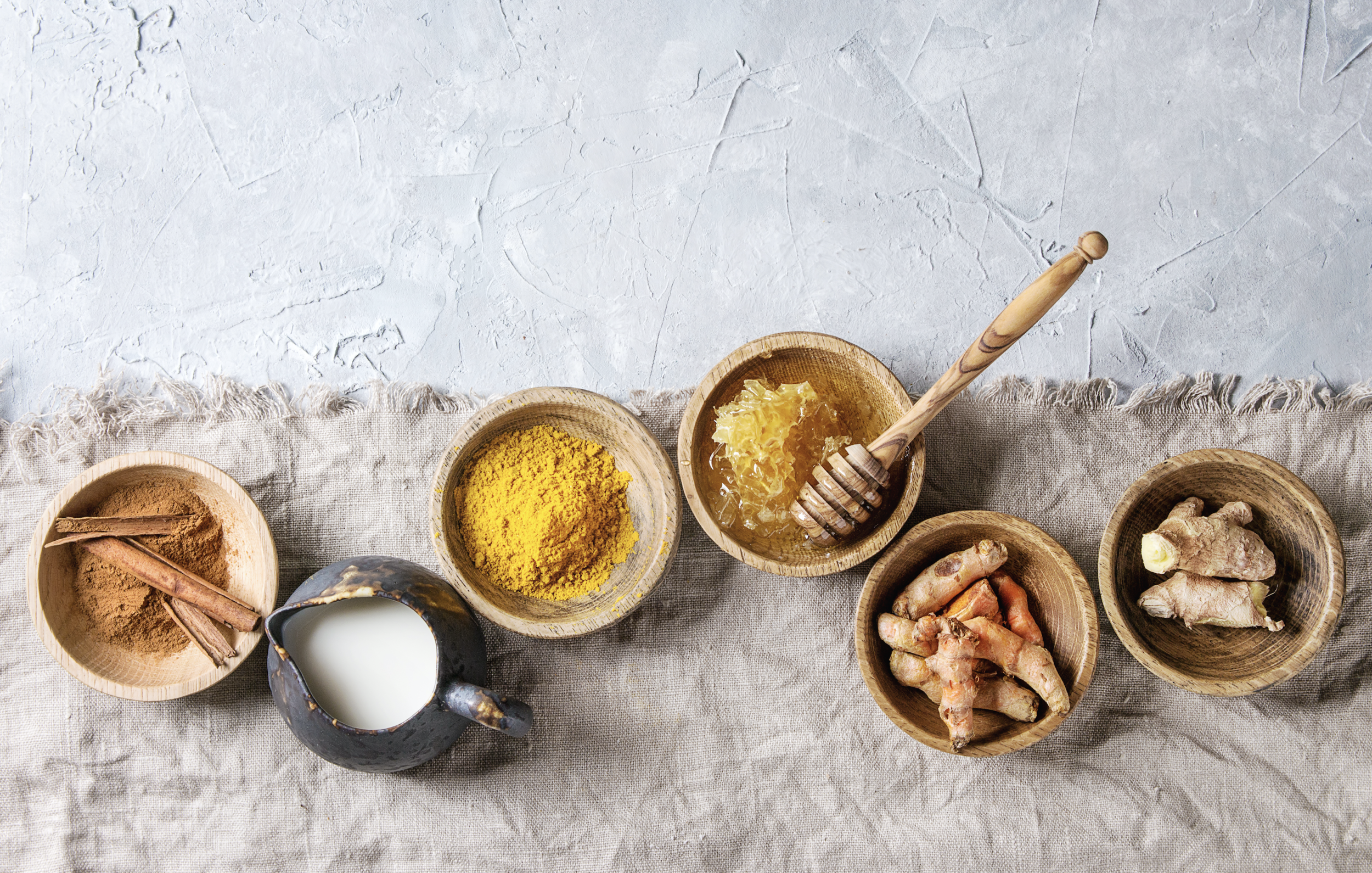Incredible Anti-Inflammatory Foods you can eat Every Single Day
Listen as an audio post:
Anti-Inflammatory Foods To Add To Your Diet
Are you concerned that you might be dealing with inflammation? If so, you might be looking for ways to manage your inflammation levels naturally.
In small amounts, inflammation is not a bad thing. In fact, it is a critical process of the immune system for healing the after-effects of damage to the body.
But when inflammation is too high or goes on for too long, it can lead to a host of health concerns. It can also lead to flare-ups in conditions such as autoimmune disease, fibromyalgia and chronic fatigue syndrome.
So how can we keep a lid on inflammation? You can start by removing as many causes of inflammation as you can, but you can’t eliminate everything. That’s where adding in foods that can naturally reduce inflammation can come in handy.
With that in mind, let’s look at some anti-inflammatory foods you can add to your diet starting today.
Oily fish
One of the best-known anti-inflammatory compounds is omega-3 fatty acids. Omega-3s play a role in anti-inflammatory pathways in the body, as well as balancing out the effect of the more inflammatory omega-6 fatty acids.
The easiest way to get a good amount of omega-3s into your diet is through oily fish such as:
Salmon
Tuna
Mackerel
Sardines
Rainbow trout
Flathead
Not a fan of oily fish? Barramundi is still a good source of omega-3 fatty acids. My lime & coriander barramundi is a tasty way to get your omega-3s in without a strong fishy flavour.
If you dislike fish or eat a plant-based diet, you can get some omega-3s through plant foods such as nuts and seeds. However, it’s important to remember that plant-based omega-3s need to be converted by the body before they can be utilised. Only a small percentage is converted, so you need to consume more plant-based omega 3s to reap the same health benefits as those found in fish.
Berries
Berries are another group of anti-inflammatory powerhouses. Studies have found that berries can reduce inflammation in the body, most likely due to the high antioxidant levels. Berries are also full of vitamins and fibre and are naturally lower in sugar, so they have a lot to offer in terms of health benefits.
Add a handful of your favourite berries including strawberries, blueberries, blackberries, raspberries and goji berries to your meals and snacks. Some of my go-to berry recipes include my strawberry sauce, berry coconut oat parfait and goji granola.
Green leafy vegetables
We all know we should eat more green leafy vegetables, as they’re packed full of vitamins, minerals and fibre. But this broad group of veg also offers anti-inflammatory benefits.
In fact, researchers found that a diet that is rich in leafy vegetables is linked to lower levels of C-reactive protein (CRP), one of the key markers of inflammation in the body.
Aim to add 2-4 serves of dark green leafy vegetables daily, including:
Spinach
Kale
Cabbage
Bok choy
Pak choy
Rocket
Endive
Microgreens
Watercress
You might also find less common and wild greens such as dandelion greens, beetroot greens, amaranth and nettle at your local farmer’s market.
Olive oil
One of the most studied foods on the planet is olive oil. Olive oil boasts a variety of health benefits, from reducing the risk of stroke and heart attack to improving insulin sensitivity. But the majority of these health benefits come back to olive oil’s ability to combat inflammation.
Studies suggest that one compound found in virgin olive oil has anti-inflammatory properties comparable to ibuprofen. One of the fatty acids in olive oil can also help to reduce CRP levels.
The handy thing about olive oil compared to the other anti-inflammatory foods is that you don’t have to consciously include it in your diet. Instead, simply use it as an oil in some of your favourite recipes.
Herbs and spices
Herbs and spices are a great way to add flavour to a dish. But your herb and spice rack is also filled with anti-inflammatory ingredients.
As herbs and spices are rich in antioxidants, they can all work on reducing inflammation in various ways. But if you’re looking for specific herbs and spices to address inflammation, there is research to support the effects of:
Turmeric
Ginger
Cinnamon
Vanilla
Rosemary
Sage
Parsley
By including a variety of wholefoods such as fish, fruits and vegetables and herbs and spices, you can keep a lid on excess inflammation.
Looking for more ideas for easy
health hacks to help you feel better?
While we make every effort to make sure the information in this website is accurate and informative, the information does not take the place of professional or medical advice.


